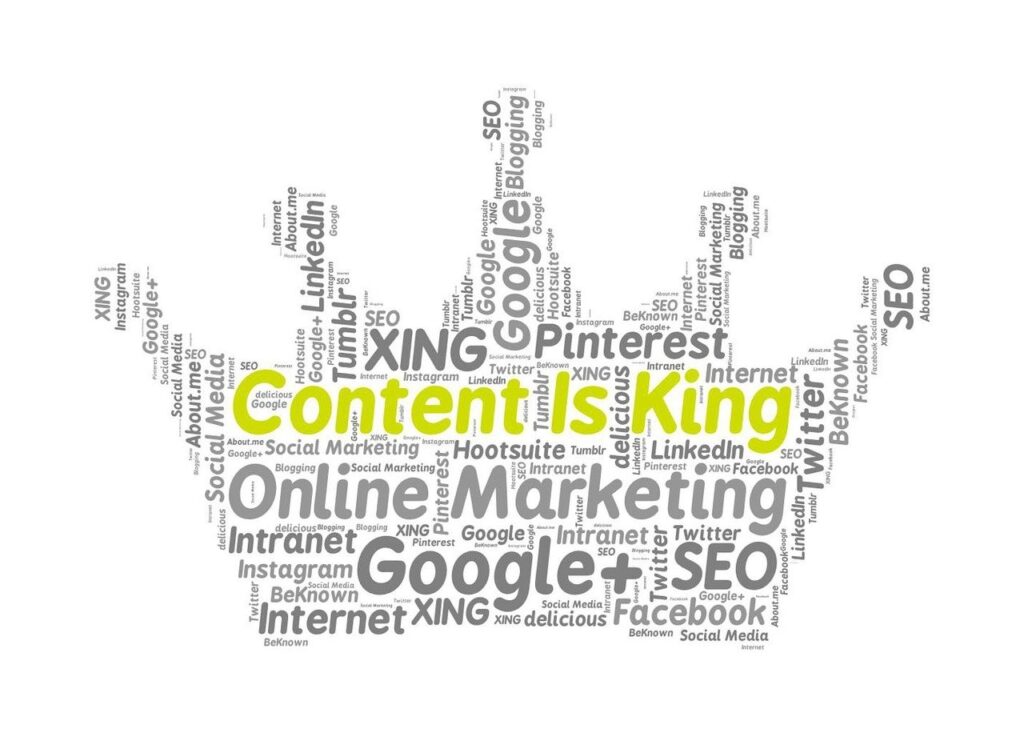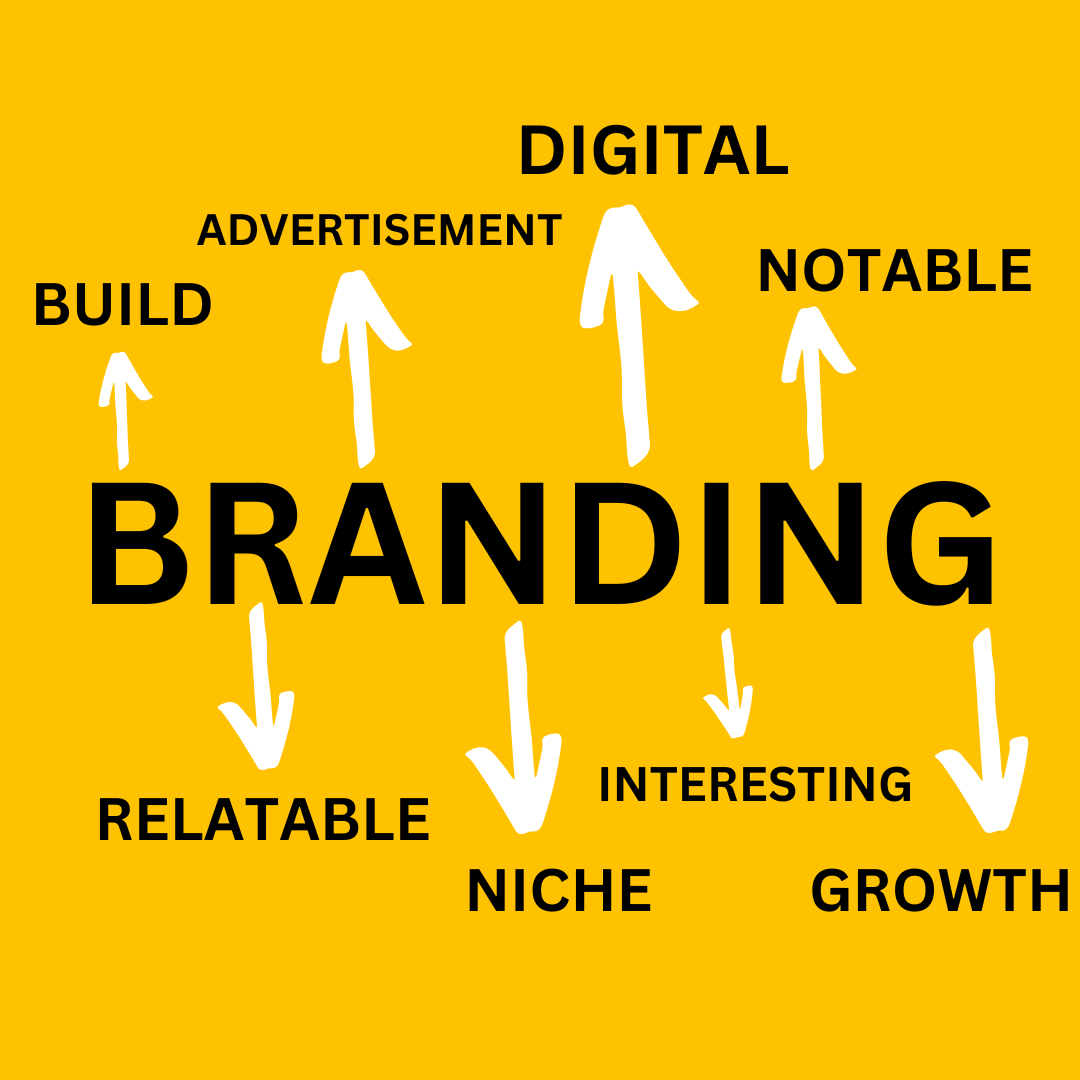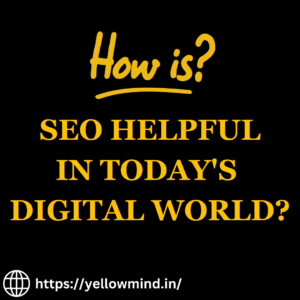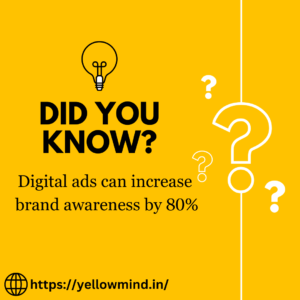Content Marketing: Building Connections and Driving Business Success
In today’s fast-paced digital landscape, where information is abundant and attention spans are fleeting, businesses face the challenge of capturing the attention of their target audience and establishing meaningful connections. This is where content marketing comes into play as a powerful strategy that not only informs and engages but also builds trust and drives business success.
In this comprehensive exploration, we delve into the world of content marketing, its strategies, benefits, and future prospects.
Content marketing is a strategic approach to marketing that focuses on creating and distributing valuable, relevant, and consistent content to attract and engage a target audience. Unlike traditional advertising, which often directly promotes products or services, content marketing aims to provide information, entertainment, or solutions that address the needs and interests of potential customers.
The goal is to build trust, establish authority, and foster lasting relationships with the audience, ultimately driving profitable customer actions.
The foundation of content marketing is delivering value. Instead of bombarding consumers with overt advertisements, content marketing seeks to educate, inspire, or entertain them. This content can take various forms, such as blog posts, articles, videos, infographics, podcasts, social media posts, eBooks, and more. The key is that the content should be valuable and relevant, positioning the brand as a reliable source of information and expertise in its industry.

https://www.instagram.com/yelloww.mindd/
Understanding Content Marketing
At its core, content marketing is the practice of creating and distributing valuable, relevant, and consistent content to attract and retain a specific target audience. Unlike traditional advertising, which overtly promotes products or services, content marketing aims to provide value to the audience in the form of educational, entertaining, or informative content. This content could take various forms, including blog posts, videos, infographics, podcasts, social media updates, and more.
The Pillars of Effective Content Marketing
Strategy: Every successful content marketing campaign begins with a well-defined strategy. This strategy outlines the goals, target audience, messaging, content types, distribution channels, and metrics for measuring success. By aligning content efforts with business objectives, companies can ensure their content is purposeful and impactful.
Audience Focus: Content marketing revolves around understanding the needs, challenges, and preferences of the target audience. Creating buyer personas can help marketers tailor content to resonate with specific segments and address their pain points effectively.
Quality Content Creation: High-quality content is the foundation of any content marketing initiative. Content should be well-researched, accurate, insightful, and engaging. Whether it’s a blog post that provides in-depth industry insights or a video tutorial that demonstrates product usage, the content should add value to the audience’s lives.
Consistency: Consistency is key to maintaining audience engagement. Regularly scheduled content updates help build anticipation and keep the audience coming back for more. A well-planned editorial calendar can aid in maintaining a steady stream of content.
Variety: Diversifying content formats keeps the audience engaged. Some individuals prefer reading articles, while others might enjoy watching videos or listening to podcasts. By offering content in various formats, businesses can cater to different learning styles and preferences.
SEO Optimization: Search engine optimization (SEO) plays a crucial role in content marketing. Well-optimized content increases the chances of being discovered by search engines, driving organic traffic to the company’s website. Keyword research, meta tags, and relevant backlinks all contribute to improving a piece of content’s search visibility.
Distribution and Promotion: Creating excellent content is just the first step. Effectively distributing and promoting that content is equally important. This involves sharing content on social media platforms, leveraging email marketing, collaborating with influencers, and exploring paid advertising options.
HOW IS CONTENT MARKETING BENEFICIAL FOR SMALL BUSINESSES?
Content marketing is highly beneficial for small businesses as it offers a cost-effective way to connect with their target audience and build brand awareness. By creating valuable and relevant content such as blog posts, articles, videos, and social media posts, small businesses can establish themselves as industry experts and engage potential customers. This approach not only drives organic traffic to their website but also nurtures customer trust and loyalty.
Over time, content marketing enhances a small business’s online visibility, credibility, and customer relationships, leading to increased leads, conversions, and overall business growth. Content marketing is a powerful tool that offers significant benefits to small businesses seeking to establish their brand and attract customers. First and foremost, content marketing allows small businesses to showcase their expertise and knowledge within their industry. By consistently creating valuable and relevant content, such as blog posts, videos, or infographics, businesses can position themselves as authoritative sources, gaining the trust of their target audience.
Secondly, content marketing is a cost-effective way for small businesses to enhance their online visibility and reach a wider audience. By optimizing content for search engines, businesses can improve their search engine rankings and attract organic traffic to their website. This can lead to increased brand awareness and potentially drive more sales or inquiries, all without the hefty advertising costs associated with traditional marketing methods.
Lastly, content marketing nurtures long-term customer relationships. Regularly sharing insightful content helps businesses engage with their audience on a consistent basis, fostering a sense of loyalty and community. By addressing customer pain points and offering solutions through content, small businesses can establish themselves as problem solvers, ensuring that their customers return for valuable information and potentially turn into repeat buyers.

Benefits of Content Marketing
Brand Awareness: Consistently producing valuable content exposes your brand to a wider audience. As readers consume your content, they become more familiar with your brand, values, and expertise.
Audience Engagement: Engaging content sparks discussions, comments, and shares. This engagement not only helps in building a community around your brand but also provides valuable feedback and insights.
Trust Building: Providing helpful and accurate information establishes your brand as a trustworthy source. Over time, this trust can lead to brand loyalty and even advocacy.
Lead Generation: Content marketing is an effective tool for generating leads. By offering downloadable resources such as ebooks, whitepapers, or webinars, you can collect contact information from interested parties.
Search Engine Visibility: SEO-optimized content ranks higher in search engine results pages (SERPs). This increased visibility drives organic traffic to your website, reducing dependency on paid advertising.
Cost-Effectiveness: Content marketing is relatively cost-effective compared to traditional advertising. While it requires an investment in time and effort, the long-term benefits can far outweigh the costs.
Educational Value: Content marketing allows you to educate your audience about your industry, products, or services. Informed customers are more likely to make confident purchasing decisions.
The Future of Content Marketing
As technology continues to evolve, content marketing is also undergoing transformative changes.
Video Dominance: Video content is becoming increasingly popular, with platforms like YouTube and TikTok driving engagement. Video allows for creative storytelling and visual demonstrations, making it a favored format for audiences of all ages.
Personalization: Advances in data analysis and AI are enabling more personalized content experiences. Marketers can deliver content tailored to individual preferences, increasing relevance and engagement.
Voice Search Optimization: As voice-activated devices become ubiquitous, optimizing content for voice search is essential. Voice queries differ from text-based searches, requiring a shift in keyword strategy.
Interactive Content: Interactive content like quizzes, polls, and interactive infographics captivate audiences and encourage participation. This fosters a deeper connection and longer engagement.
Ethical and Transparent Marketing: Modern consumers value authenticity and ethical practices. Content that showcases a brand’s values, social responsibility, and transparency will resonate more strongly.
In Conclusion
Content marketing is a dynamic and ever-evolving strategy that empowers businesses to connect with their audience in meaningful ways. By providing valuable, relevant, and engaging content, companies can establish themselves as industry authorities, foster trust, and drive business growth. As technology continues to shape the way we consume content, staying abreast of trends and adapting strategies accordingly will be key to content marketing success in the years to come.
HOW DOES CONTENT MARKETING WORK?
Content marketing is a strategic approach to marketing that involves creating and distributing valuable, relevant, and consistent content to attract and engage a target audience. It works by providing useful information, entertaining or educating the audience, and ultimately building trust and credibility with potential customers. Here’s how content marketing works:
- Understanding Your Audience: The first step is to identify your target audience. You need to know who they are, what their interests and needs are, and where they spend their time online.
- Setting Goals: Determine what you want to achieve with your content marketing efforts. Common goals include increasing brand awareness, generating leads, driving website traffic, or boosting sales.
- Content Creation: Create high-quality content that resonates with your audience. This can take various forms, including blog posts, articles, videos, infographics, podcasts, webinars, and more.
- Optimization: Ensure that your content is optimized for search engines (SEO) to improve its visibility in search results. Use relevant keywords, optimize meta tags, and make your content user-friendly.
- Distribution: Share your content through various channels, such as your website, social media platforms, email newsletters, and third-party websites. The goal is to reach your target audience where they are most active.
- Promotion: Promote your content through paid advertising, social media promotion, influencer marketing, or other strategies to reach a wider audience.
- Engagement: Encourage interaction with your content, such as comments, shares, likes, and subscriptions. Engaging with your audience fosters a sense of community and loyalty.
- Lead Generation: Use content to capture leads by offering valuable resources in exchange for contact information, like eBooks, webinars, or free trials.
- Nurturing Leads: Continue to provide valuable content to leads to move them through the sales funnel. This can involve personalized email marketing, targeted content, and other lead nurturing tactics.
- Measuring and Analyzing: Track the performance of your content marketing efforts using analytics tools. Key metrics to monitor include website traffic, conversion rates, engagement metrics, and return on investment (ROI).
- Adjust and Improve: Based on the data and insights you gather, make necessary adjustments to your content strategy. Continuously refine your approach to better meet your goals and adapt to changes in your audience’s preferences.
- Building Authority and Trust: Over time, consistent and valuable content builds authority and trust in your industry or niche. This can lead to increased brand loyalty and customer retention.
- Long-Term Strategy: Content marketing is a long-term strategy. It may take time to see significant results, but the benefits compound over time as you build a library of valuable content and a loyal audience.
Successful content marketing requires a deep understanding of your audience, a commitment to producing high-quality content, and ongoing optimization based on data and feedback. It’s a dynamic process that adapts to the changing needs and preferences of your target audience.
ARE CONTENT MARKETING AND SEO INTERDEPENDENT?
Content marketing and SEO (Search Engine Optimization) are closely related strategies that work together to improve a website’s visibility in search engines and attract organic traffic. Here’s how they are connected:
- Content Creation:
- Content marketing involves creating valuable and relevant content that addresses the needs and interests of your target audience. This content can include blog posts, articles, videos, infographics, podcasts, and more.
- SEO requires high-quality content because search engines prioritize websites that offer valuable and informative content to their users.
- Keyword Research:
- SEO involves keyword research to identify the terms and phrases people use when searching for information online.
- Content marketers use this keyword research to create content that aligns with these search queries, making it more likely to rank well in search results.
- On-Page SEO:
- SEO includes on-page optimization techniques such as optimizing title tags, meta descriptions, headings, and URLs to make it easier for search engines to understand and rank your content.
- Content marketers integrate these SEO elements seamlessly into their content to ensure it is search engine-friendly.
- User Experience:
- Both content marketing and SEO prioritize a positive user experience. Engaging and user-friendly content keeps visitors on your site longer, reducing bounce rates, which can positively impact SEO rankings.
- Backlinks and Link Building:
- SEO involves building high-quality backlinks from reputable websites to improve a site’s authority and search engine rankings.
- Content marketing often attracts natural backlinks when your content is valuable and shareable. It can also involve outreach efforts to promote content and earn backlinks.
- Content Promotion:
- Content marketing includes the promotion of content through various channels like social media, email marketing, and partnerships.
- SEO benefits from content promotion, as increased visibility and traffic can lead to more inbound links and higher search engine rankings.
- Analytics and Monitoring:
- Both strategies require regular monitoring and analysis of performance metrics. SEO professionals use tools like Google Analytics and Search Console to track rankings, traffic, and user behavior.
- Content marketers use similar tools to measure the engagement and impact of their content on website traffic and user conversions.
- Long-Term Strategy:
- Both content marketing and SEO are long-term strategies. Consistently creating high-quality content and optimizing for search engines can lead to sustainable organic traffic growth over time.
In summary, content marketing and SEO are interdependent. Content marketing provides the valuable content that SEO relies on to improve rankings, while SEO ensures that content is optimized for search engines and reaches a broader audience. When executed effectively together, they can significantly enhance a website’s online presence and drive organic traffic.




